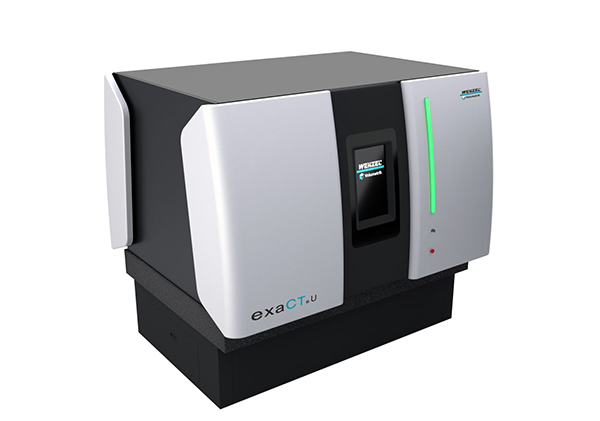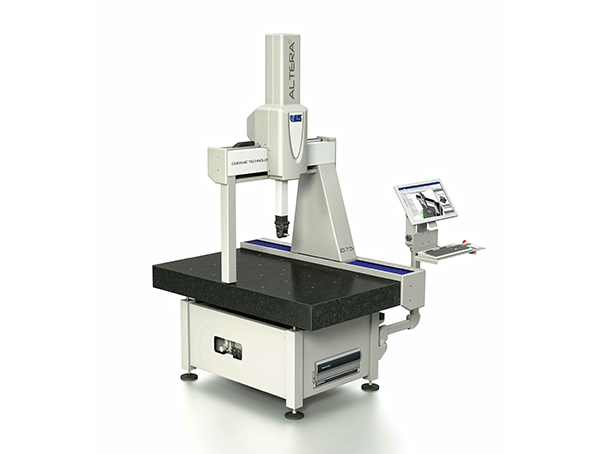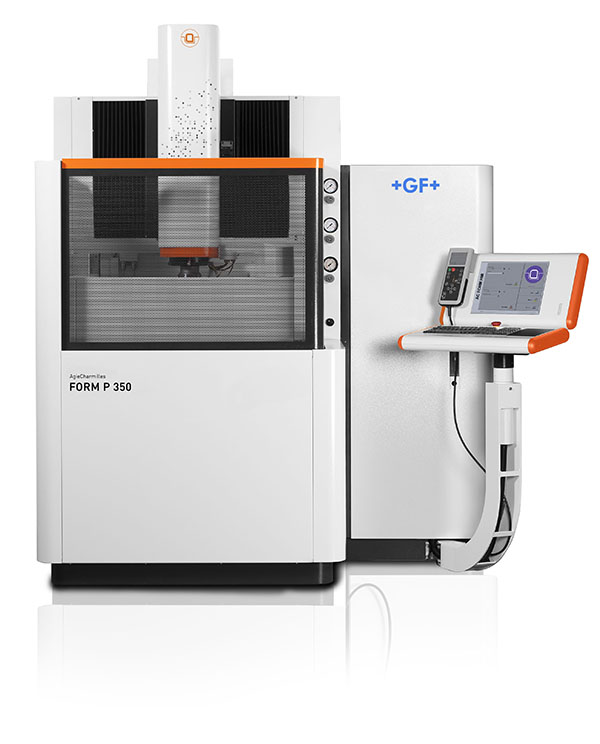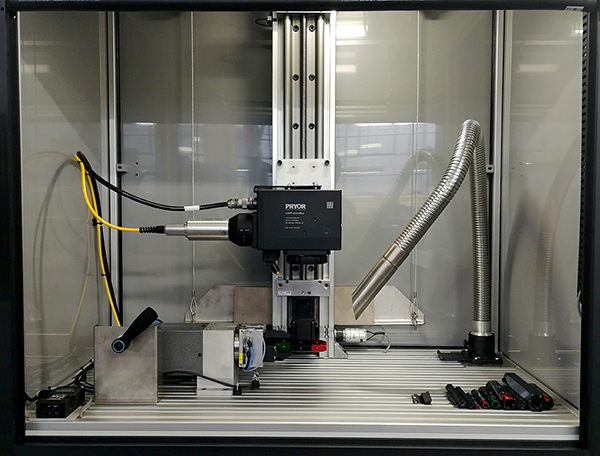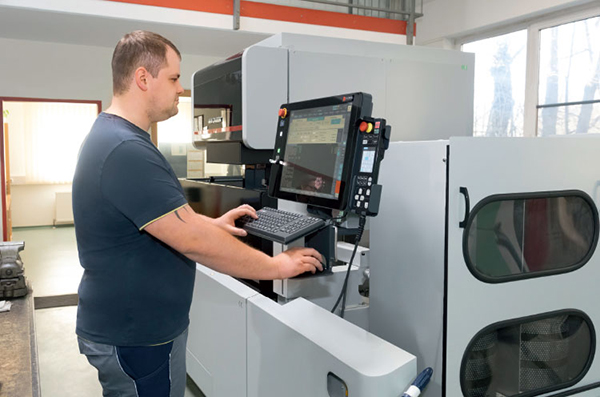At Mattighofen, Austria-based GBM Kunststofftechnik und Formenbau GmbH, a newly installed Mitsubishi MV2400R Connect is making a genuine difference to this forward-thinking mould shop. Mitsubishi EDM machines are available in the UK from HK Technologies.

In total, some 35 injection moulding machines can be found in the halls of GBM. Be it parts for cars, medical devices or telecommunications equipment, there is very little that GBM cannot mould in plastic.
“Among the areas that is currently developing very strongly is vehicle charging equipment,” reveals managing director Roland Barth. “Extremely complex shapes are created for this, to produce wall boxes for example.”
As a result, the company recently purchased a Mitsubishi MV2400R Connect with travels of 600 x 400 x 310 mm in X, Y and Z, which is being used almost exclusively to produce injection moulds. In addition to machine’s fast cutting speed, the quality of the surfaces is an important factor for the Austrian firm.
“For us, the investment was important so that we could produce moulds faster than ever before, with surfaces that do not have to be reworked,” says Barth. “We want to continue growing and the machine will support us in our efforts.”
Barth deliberately opted for a larger machine, which is also equipped with the new D-CUBES interface. “Here I see a lot of potential for exploiting totally new possibilities in the future, particularly when producing moulds for our injection machines.”
For further information www.mitsubishi-edm.de/en







